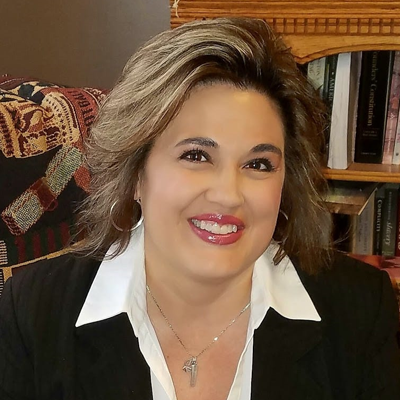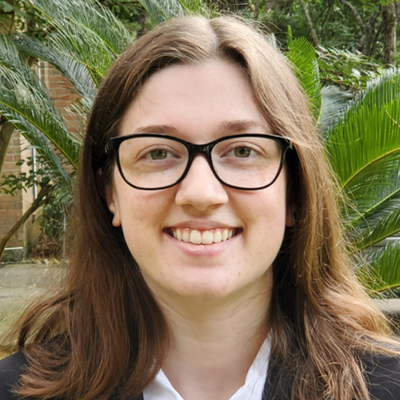Applicants working in particular areas of study are eligible to receive Department Fellowships as part of their Assistantships to subsidize their research. Students can focus on dissertation research rather than teaching. The fellowships are made possible through generous donors in support of dissertation research.
Louis Max Meyer Fellowship
For students pursuing Nebraska and Great Plains history.
Addison E. Sheldon Fellowship
For students pursuing Great Plains history.
Peter Maslowski Graduate Student Fellowship
For students pursuing dissertation research in any field.
Recipients' Research
Elodie Galeazzi
Louis Max Meyer Fellowship
Elodie's research focuses on black media (owned, operated, oriented) in Omaha, NE, in the post civil-rights era.
Donna Devlin
Louis Max Meyer Fellowship
Donna uses legal documents from local courthouses in Nebraska and Kansas to uncover the history of sexual violence and coercion on the 19th-Century Plains.
This unique exposition of women’s voices - as opposed to their collective omission from traditional western narratives - will produce a truer understanding of white-settler societies during the era of westward expansionism.

Patrick Hoehne
Addison E. Sheldon Fellowship
Patrick is studying extralegal violence between the American Revolution and the end of the Civil War.
Dean McGuire
Addison E. Sheldon Nebraska History Fellowship
Dean's research looks at the adaptation and oral stories of Indigenous people.
William Kelly
Peter Maslowski Graduate Student Fellowship
William's current research focuses on African American freedom suits during the first half of the 19th-century, particularly in Washington, D.C.
Andrea Wagh
Peter Maslowski Fellowship
Andrea’s research focuses on 20th century German Jewish family dynamics and how they changed from pre to post World War II.
"I am interested in the effects that war and genocide have had on Central Europe, the ways in which families coped with loss, and how children carried the trauma of the Holocaust into adulthood."
